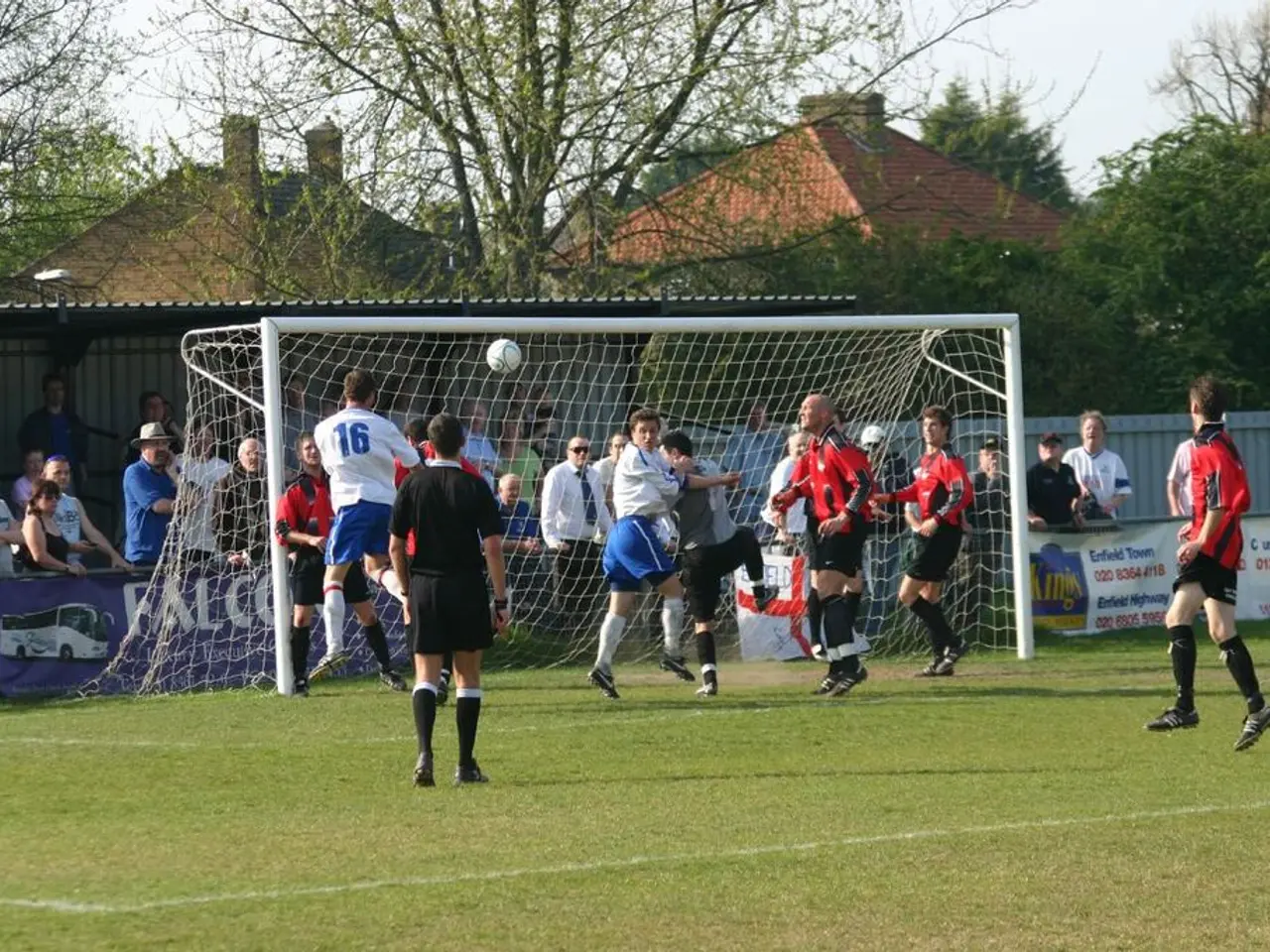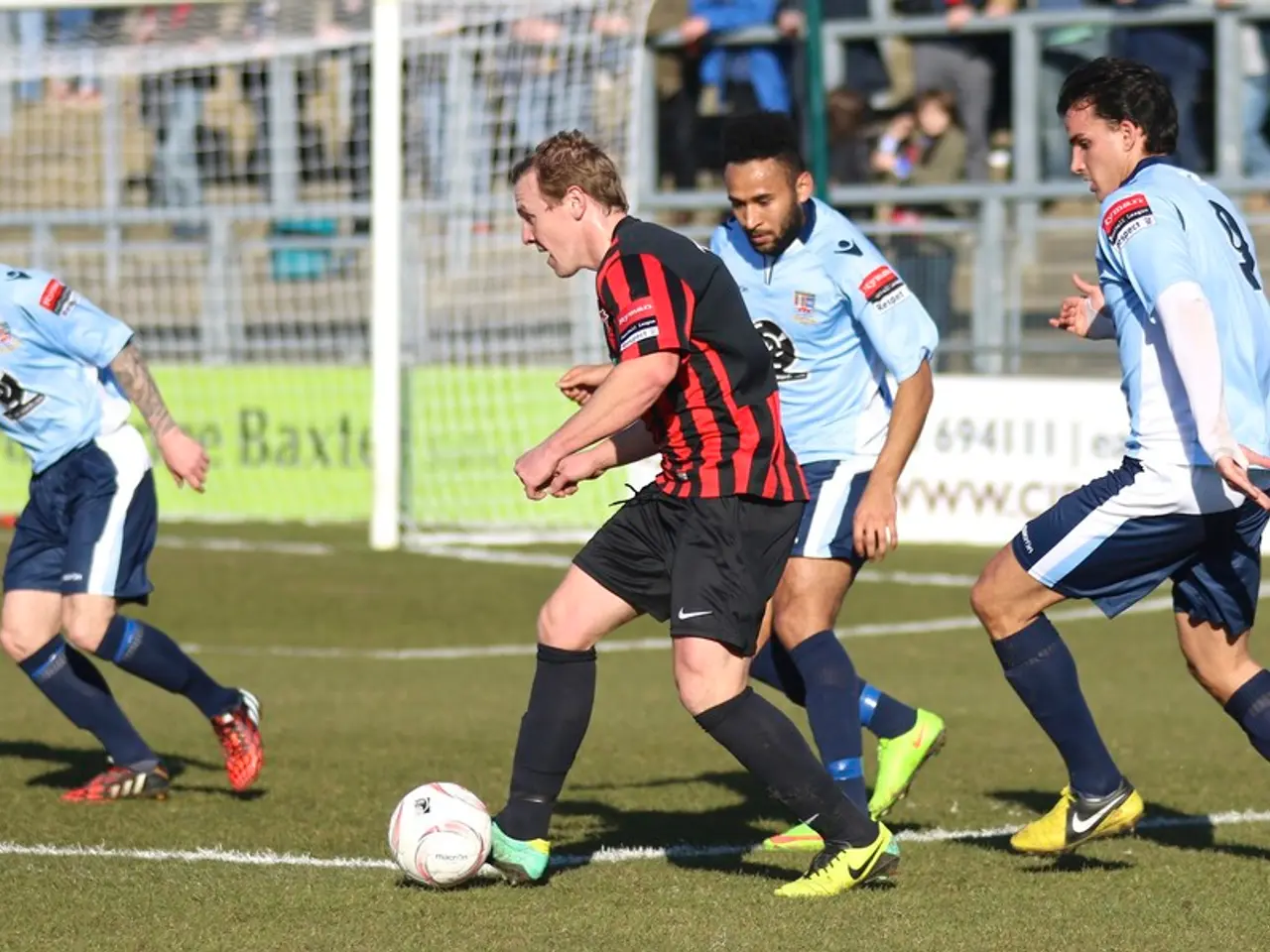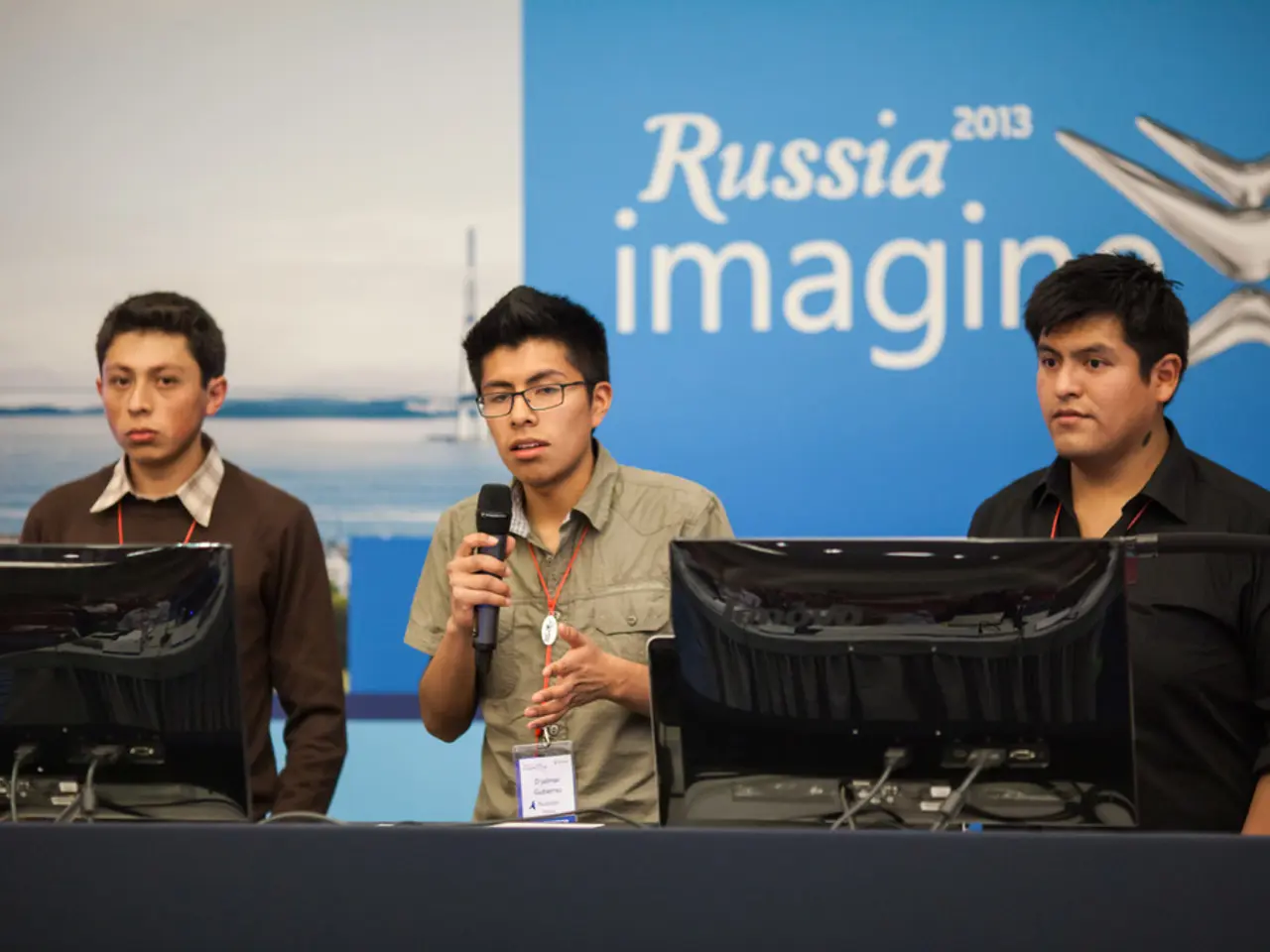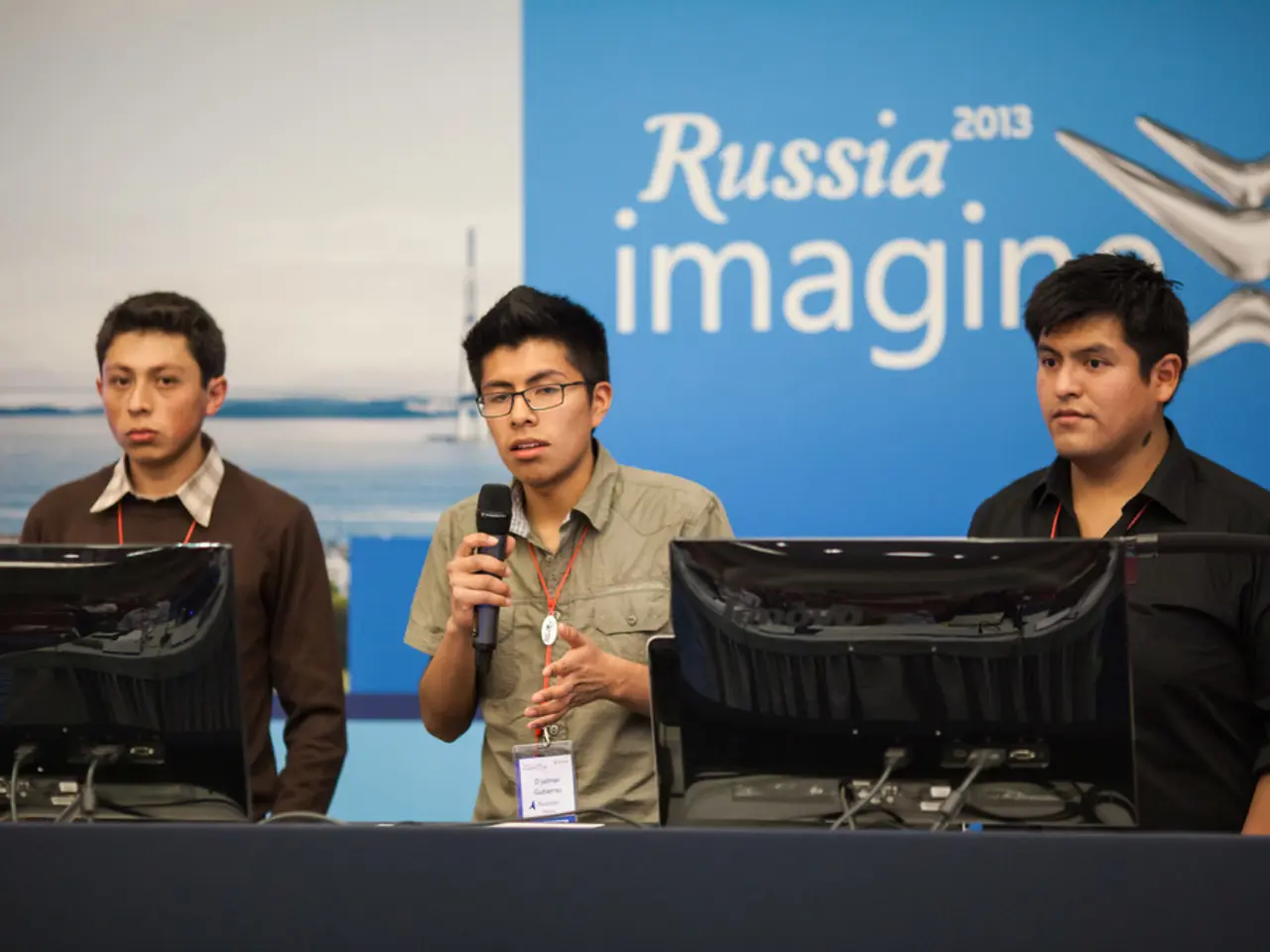Stock Market Index FTSE 100 Moves Slightly Upward; Insurance Firm Hiscox Gains 9%
The UK economy is facing significant challenges due to the Trump administration's tariffs, with economists estimating that a sustained 30% US tariff on EU imports could reduce Eurozone GDP growth by around 0.3 percentage points annually over 2025 and 2026, pushing growth toward stagnation and edging Europe and the UK into recession territory.
The US is the largest export market for Europe and the UK, representing about 20% of EU exports. With limited alternate large-scale markets to compensate, tariffs are severely constraining exports, particularly affecting sectors like pharmaceuticals and autos, which are vital for UK-related companies.
One of the companies affected is Coca-Cola Europacific Partners, a large bottling and beverage distribution company operating extensively in UK and European markets. The company faces increased input costs from tariffs on component ingredients or packaging materials, as well as risks from reduced consumer demand if inflation and unemployment rise. As a result, Coca-Cola Europacific Partners is plunging more than 11%, and the company has trimmed its fiscal 2025 revenue forecast.
Another company feeling the impact of the tariffs is Glencore, a commodities and mining giant with significant UK presence. Disrupted trade flows and retaliatory tariffs can increase costs or limit access to US markets, reducing commodity demand and pressure commodity prices. Glencore is down 4.1%, weighed down by a 14% drop in first half adjusted core profit.
While direct company-level financial impacts are not detailed in the current data, the macroeconomic environment created by Trump-era tariffs is clearly adverse for UK stocks overall. Market analysts expect a delayed but potentially significant negative impact on corporate earnings and share prices due to slower growth, higher costs, and increased uncertainty in transatlantic trade.
In contrast, some UK companies are performing well despite the challenging economic climate. Anglo American Plc, BP, Ashtead Group, Shell, Centrica, Kingfisher, Mondi, ICG, Rolls-Royce Holdings, Whitbread, IMI, Rentokil Initial, Airtel Africa, Antofagasta, Barclays, and HSBC Holdings are up 1 to 2.5%.
In the financial sector, Legal & General Group shares are down 2.7%, despite the company reporting stronger-than-expected first-half results. Coca-Cola HBC is declining 8.4%, despite reiterating full-year guidance, and Fresnillo is gaining 4.7%, Diageo is up nearly 3%, and Beazley is advancing 2.75%.
The UK construction sector is also feeling the pinch, with the headline construction Purchasing Managers' Index falling to 44.3 from 48.8, indicating a deepening downturn. The survey revealed a marked decrease in activity across monitored sub-sectors, with a considerable drag coming from a fresh drop in residential building.
In response to these challenges, some companies have taken steps to mitigate the impact of the tariffs. Hiscox has increased the maximum aggregate consideration for its share buyback program from $175 million to $275 million, and the FTSE 100 is up 22.62 points or 0.25% at 9,165.35.
In conclusion, the Trump administration's tariffs have contributed to economic headwinds in the UK by suppressing growth, raising unemployment, and increasing costs. Consequently, UK-focused companies such as Coca-Cola Europacific Partners and Glencore face operational challenges and market risks associated with this trade disruption.
Sports, often providing a distraction from economic struggles, are experiencing a decline in popularity amidst the Trump-era tariffs' adverse effects on the UK's economy. This is evidenced by decreased spectator numbers at events like the Premier League, Wimbledon, and the Wimbledon Championships, as fans encounter financial hardships arising from persistently high inflation rates and unemployment.
As a consequence, sports organizations, such as the English Football League and the Lawn Tennis Association, are exploring new funding methods to stay afloat, like sponsorship deals with international companies or increased ticket prices to offset these financial hurdles.





